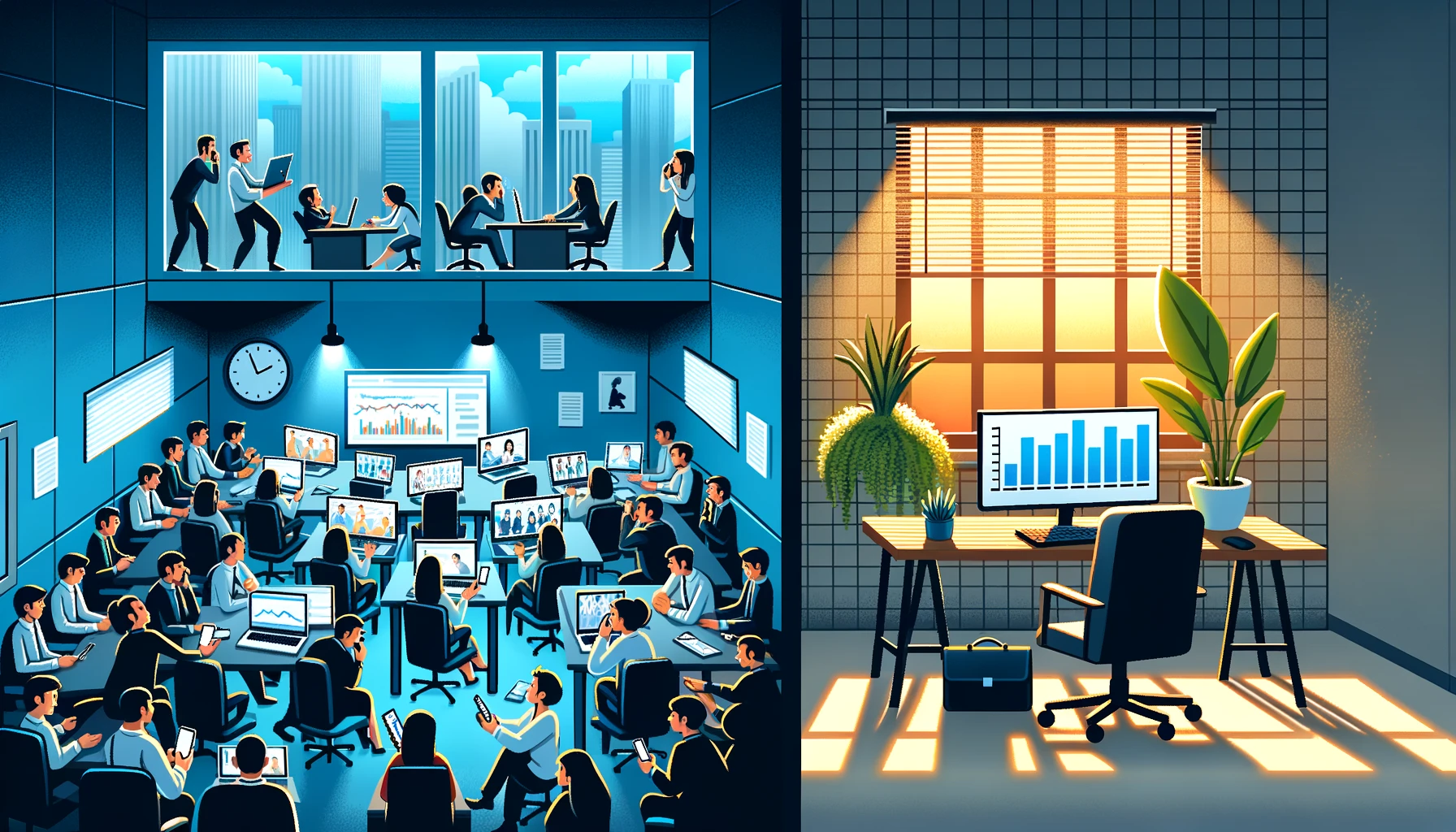

Penguins on an Iceberg
Somebody once told me, “The brain is an amazing processor but a terrible storage device.” Yet we consume more and more information every day, and this unending stream overloads our brains. Our generation suffers from infobesity, and it’s damaging our ability to focus.
My friend Chuck is a pararescueman (PJ) in the U.S. Air Force special operations. He is constantly training and filling his brain with new information: how to operate in different climates, at different altitudes, on different teams, and with different skillsets.
I thought, The amount of information this guy stores in his brain is amazing, so I asked him, “How do you remember everything you need to know?” And he said, “You know, Joe, it’s like penguins on an iceberg.”
“What do you mean?” I asked. “Well, information — look at it like an iceberg,” he replied. “You can only fit a certain number of penguins on an iceberg. When I learn something new, I shove a fat penguin off the other side, and that’s the way it goes.”
Close Your Apps
To deal with the unending stream of information, we divide our attention and multitask, but the efficacy of multitasking is a myth. If we think of the brain as a computer processor, then a multitasking brain is like a smartphone with multiple apps open.
My kids laugh at me. “Dad, look how many apps you have open!” I forget to close them and think it doesn’t matter, but it does. My phone slows to a stop because I have 60 apps running simultaneously. Surprise, surprise — when my kids close them, my phone works faster.
Our brains work in a similar way. Executive function is responsible for paying attention, organizing and planning, initiating tasks and focusing on them, and regulating emotions. Strong executive function is important for any professional, and working memory (the brain’s ability to hold information temporarily) is a key component of strong executive function.
Think of working memory like a computer’s random-access memory (RAM). RAM slows when a computer has too many apps open, and your working memory drops when you divide your attention.
Our working memory is in decline. In the United States, phone numbers are nine digits, and, in the past, people often memorized them. In other countries, phone numbers can be 10 or 11 digits. Because information saturates our brains, our ability to remember digits is reduced. People used to be able to remember nine-digit phone numbers, but now we can only remember five- or six-digit strings.
There’s a myth that open apps, open thoughts, and multitasking makes us more productive, but research proves the opposite. Multitasking causes us to lose impulse control, drives down our ability to focus, and diminishes our processing power.
Retrain Your Brain
Multitasking creates a dopamine addiction feedback loop. Dopamine is a reward system, and these feedback loops reward us for losing focus: We look for stimulation, find it, and dopamine releases. Multitasking rewires our neural pathways, fundamentally altering our brains, and it’s affecting our ability to focus.
Years ago, I worked with a client called Cogmed. They specialized in working memory training and, through their research, concluded that the brain is malleable. That means, when we lose our working memory, we can regain it — but how?
Certainly, we should take breaks from technology and set aside quiet time to think. We should rest and get good sleep. Avoid the temptation to do everything at once — no multitasking. When we multitask, we do nothing well. Do one task at a time.
To learn more, listen to episode 30 of the Just Saying podcast.





